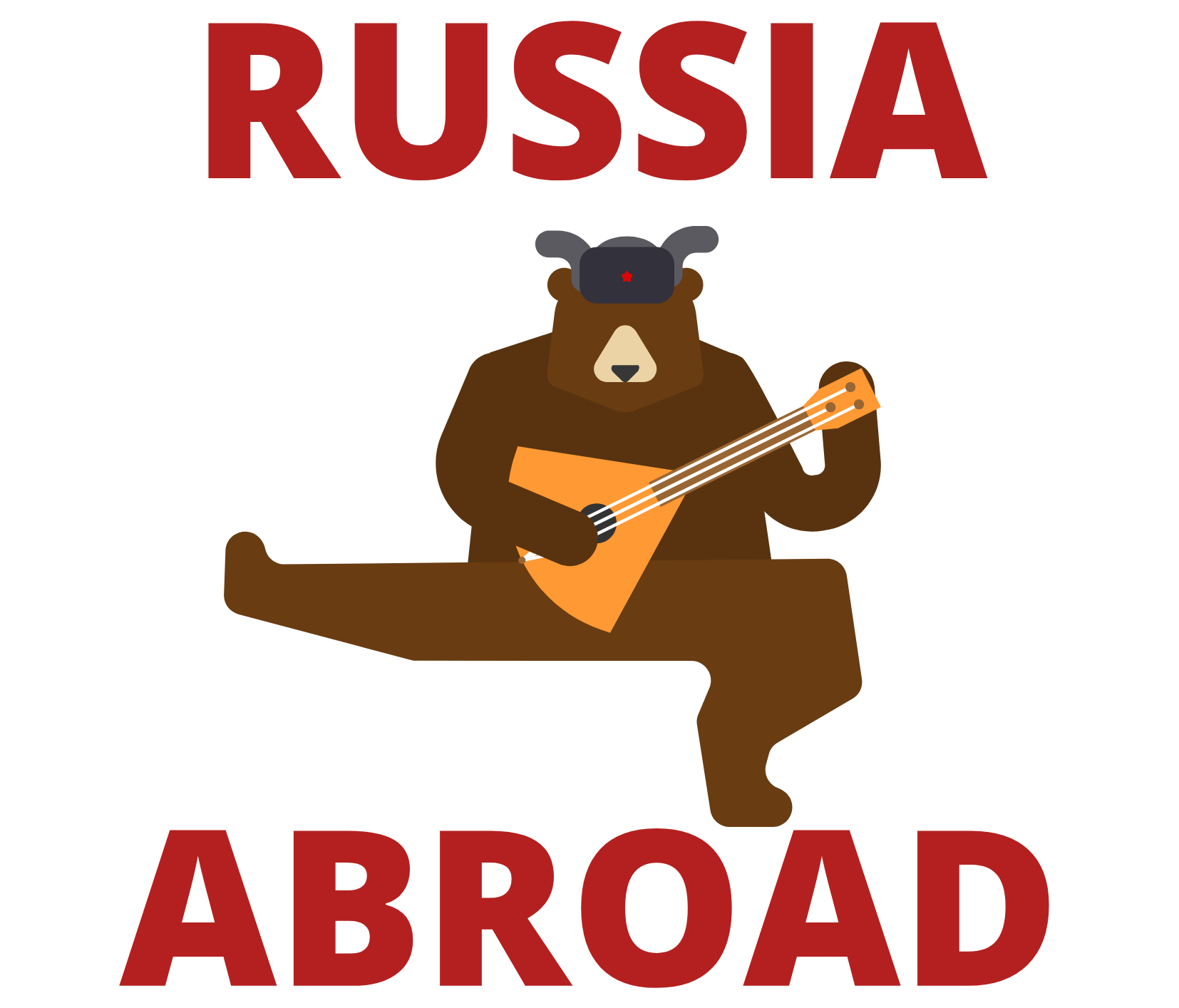In the fall of 2014, American Councils launched a new Russian Language and Area Studies Program (RLASP) at the Al-Farabi Kazakh National University (KazNU) in Almaty, Kazakhstan for students who wish to study Russian in an immersion setting but are unable to travel to Russia due to funding restrictions or other concerns. Modeled after RLASP in Moscow, St. Petersburg, and Vladimir, the new program provides intensive Russian language instruction for students who have completed at least two years of college-level Russian or its equivalent. Faculty from KazNU’s department of Philology, Literary Studies and World Languages, provide participants highly individualized instruction in small groups or tutorials.
KazNu was founded in 1933 and is the oldest university in Kazakhstan. More than 20,000 graduate and undergraduate students are enrolled in its departments of mechanics and mathematics, physics, biology, chemistry, geography, history, philology, journalism, international relations, eastern studies political science and philosophy, economics and business, and law. The university’s campus is the largest in Almaty, comprising a total area of 100 hectares in one of the city’s most scenic areas.
Home to approximately 1.5 million people, Almaty is one of the most culturally diverse cities in Central Asia. Approximately 51 percent of the city’s population are Kazakh, and 33 percent are Russian; the remaining 20 percent of the city’s residents includes Koreans, Tatars, Uyghuyrs, and Ukrainians. While there is a growing national interest in speaking and learning Kazakh, Russian remains the country’s lingua franca; all official information, as well a street names, road signs, and public announcements are produced in both Russian and Kazakh.
RLASP-ALMATY
RLASP-Almaty serves both graduate and undergraduate students as well as working professionals who wish to study Russian in an immersion setting but are unable to travel to Russia due to funding restrictions or other concerns. All students complete approximately twenty hours per week of in-class instruction; roughly sixteen hours of which are dedicated to Russian-language study. In addition, Almaty-RLASP semester participants are strongly encouraged to audit one regular, content course at KazNU; faculty and local American Councils staff assist participants in selecting courses that meet their academic interests and correspond to their university schedules. Students are placed according to proficiency level in groups of three-to-five for language classes and are expected to actively engage in classroom activities and discussions at all times. Students also participate in weekly excursions to historical and cultural sites in and around Almaty.
Students live with specially selected Russian-speaking host families, who provide two meals per day during the week and three on weekends. A full-time, American Councils resident director provides ongoing logistical support and 24-hour emergency assistance to participants throughout their programs.
American Councils conducts a comprehensive pre-departure orientation in Washington, D.C. and an in-country orientation upon each group’s arrival. Orientation topics include health and safety, emergency procedures, and the challenges of cultural adjustment. All participants are automatically enrolled in comprehensive overseas medical insurance for the duration of their programs.
In the years since the collapse of the USSR, Moscow has grown into a multiethnic and multinational metropolis. Elements of its Soviet past remain, but the city has moved fully into the capitalist present, embracing western economic and cultural norms to a much greater degree than much of the rest of Russia. Today, Moscow remains the country’s political and economic capital, and rivals St. Petersburg in both arts and culture.
RLASP, BRLI, Heritage Speaker Program, and Contemporary Russia Program participants in Moscow are hosted by the Moscow International University (MIU), which was the Russian Federation’s first accredited private university. Founded in 1991 by G.A. Yagodin, the USSR’s last Minister of Education, MIU is known for its teaching of foreign languages, economics, finances, management, ecology, journalism, arts management, and city management. Students studying with American Councils are placed in MIU’s Department of Russian as a Foreign Language.
A young city by Russian standards, St. Petersburg celebrated its 300th anniversary in 2003, just one year after a national census put its population at around five million residents. Since its near demolition and depopulation during WWII, St. Petersburg has been painstakingly rebuilt to reflect the glory of the former capital and both its current status as the cultural center of Russia and its historical origins as the window to Europe.
The two-hundred-year-old Russian State Pedagogical University (Herzen University) located in the heart of the city, is one of Russia’s leading educational institutions, with twenty unique academic departments and more than 20,000 students. Its storied department of Russian as a foreign language is the proud host of American Councils’ RLASP, BRLI, and Heritage Speakers programs.
While a small city by Russian standards at 360,000 residents, Vladimir boasts cultural clout as a one-time Russian capital and an important member of the historical Golden Ring. Located 125 miles to the east of Moscow, Vladimir is both far enough from the country’s epicenter to maintain its sense of traditional Russian hospitality and close enough to eschew any sense of isolation.
In Vladimir, RLASP participants are hosted by the KORA Center for Russian Language Study, a private organization founded in 1991 by faculty from Vladimir State University. The KORA center has worked closely with American Councils since 2000, and all of its faculty members are specialists in the instruction of Russian as a foreign language with extensive experience working with American students.
